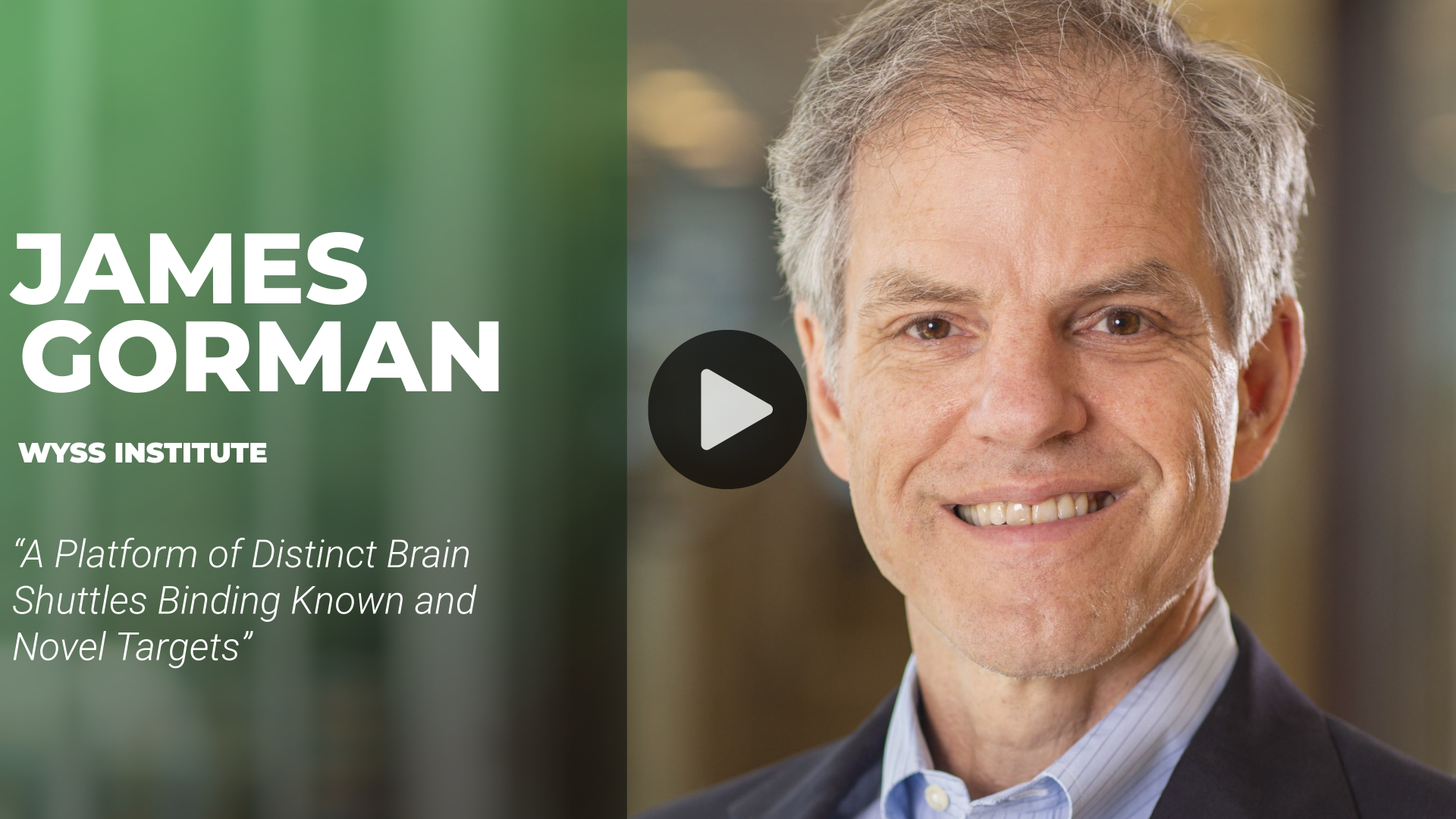Feb 17–20, 2025 | Keystone Resort, Keystone, CO, United States
Scientific Organizers:
James Gorman, Stina Syvänen, and Danica Stanimirovic (in memoriam)

-
Scientific Organizers: James Gorman, Stina Syvänen, and Danica Stanimirovic (in memoriam)
James Gorman
Stina Syvänen
Danica Stanimirovic (in memoriam)
Important Deadlines
Meeting Summary
Better treatments are urgently needed for a range of devastating brain diseases, including prevalent neurodegenerative diseases, brain tumors and metastases, and rare genetic conditions. One major challenge in development of experimental CNS disease therapies is the lack of efficient tailored strategies for their delivery to the brain and spinal cord. This is the only conference to focuses entirely on scientific and technological advances and challenges in delivering new therapies, across a wide range of modalities, to appropriate compartments in the CNS.
The principal goals are to:
- Showcase scientific advances in understanding, mapping and identifying targets to exploit for drug delivery across brain barriers
- Share advances in discovery, design and development of novel CNS drug delivery technologies for delivery of established and emerging therapeutics, including receptor-mediated transcytosis approaches, as well as delivery by viruses, cells, nanoparticles and other vehicles.
- Address translational successes and challenges with in vitro and in vivo models of complex brain transport and disease processes, that are critical for designing and evaluating brain delivery technologies
- Provide updates on and critical evaluation of clinical trials using various brain delivery approaches, and discuss lessons learned including reverse translational hypotheses to guide future studies.
The conference will spur multidisciplinary interactions and collaborations between scientists and trainees from academia, government and industry, including a wide range of biotech and biopharmaceutical companies. Importantly, participants include basic, translational and clinical scientists from diverse backgrounds, bridging fields of drug delivery, neuroscience, bioengineering, drug discovery and development. Collectively these diverse perspectives will generate innovative insights and new directions to finally tackle this enormous challenge in medicine.
Check out the speaker highlights in the video below:
Unique Career Development Opportunities
This meeting will feature a Career Roundtable where trainees and early-career investigators will have the opportunity to interact with field leaders from across academic and industry sectors for essential career development advice and networking opportunities. Find out more about Career Roundtables here: https://www.keystonesymposia.org/diversity/career-development-initiatives
SPECIAL RECOGNITION:
KEYSTONE SYMPOSIA THANKS OUR MEETING EXHIBITOR(S):
KEYSTONE SYMPOSIA THANKS THESE DONOR(S) FOR GENEROUSLY SUPPORTING THIS MEETING:
THESE COMPANIES HAVE GENEROUSLY AGREED TO COVER THE EXPENSES OF THEIR EMPLOYEES WHO ARE SPEAKING AT THIS MEETING:
GRANT RECOGNITION:
Federal Funding provided by the National Institutes of Health:
Funding for this conference was made possible (in part) by 1R13NS141587-01 from the National Institute of Neurological Disorders and Stroke (NINDS). The views expressed in written conference materials or publications and by speakers and moderators do not necessarily reflect the official views of the National Institutes of Health; nor does mention by trade names, commercial practices, or organizations imply endorsement by the U.S. Government.
To access the NIH Safe Environment Policy, please click here.
KEYSTONE SYMPOSIA THANKS OUR GIFT-IN-KIND MEDIA SPONSORS
Subscribe for Updates
